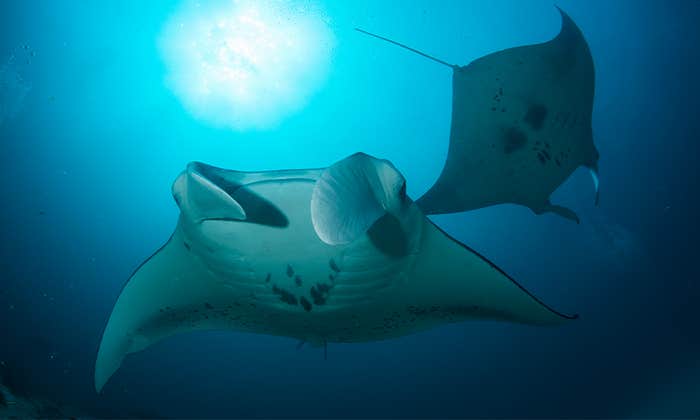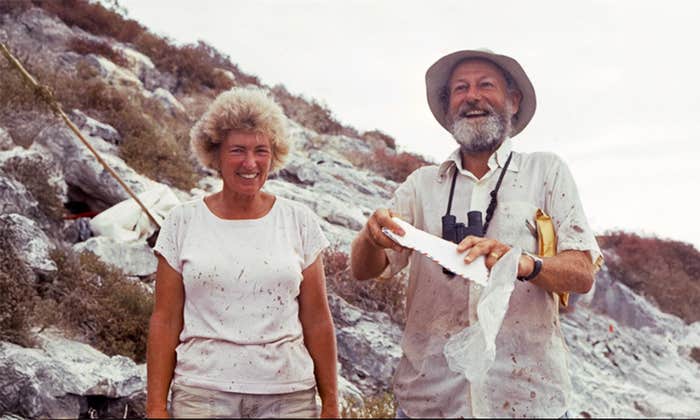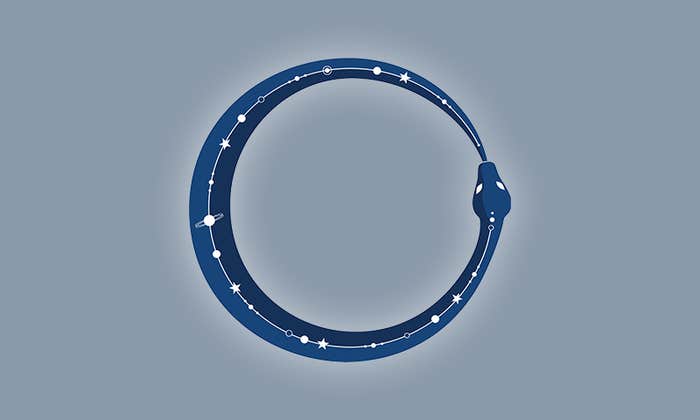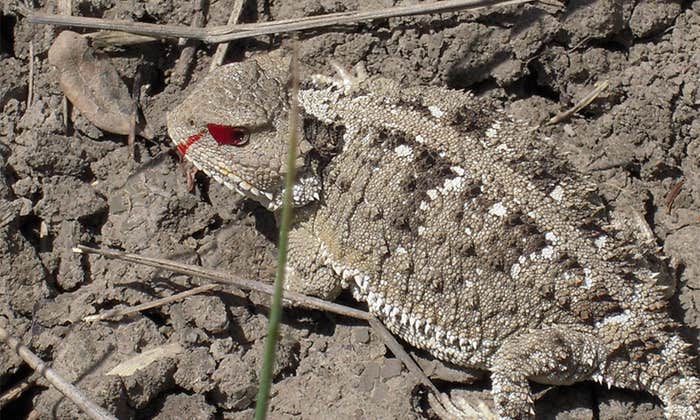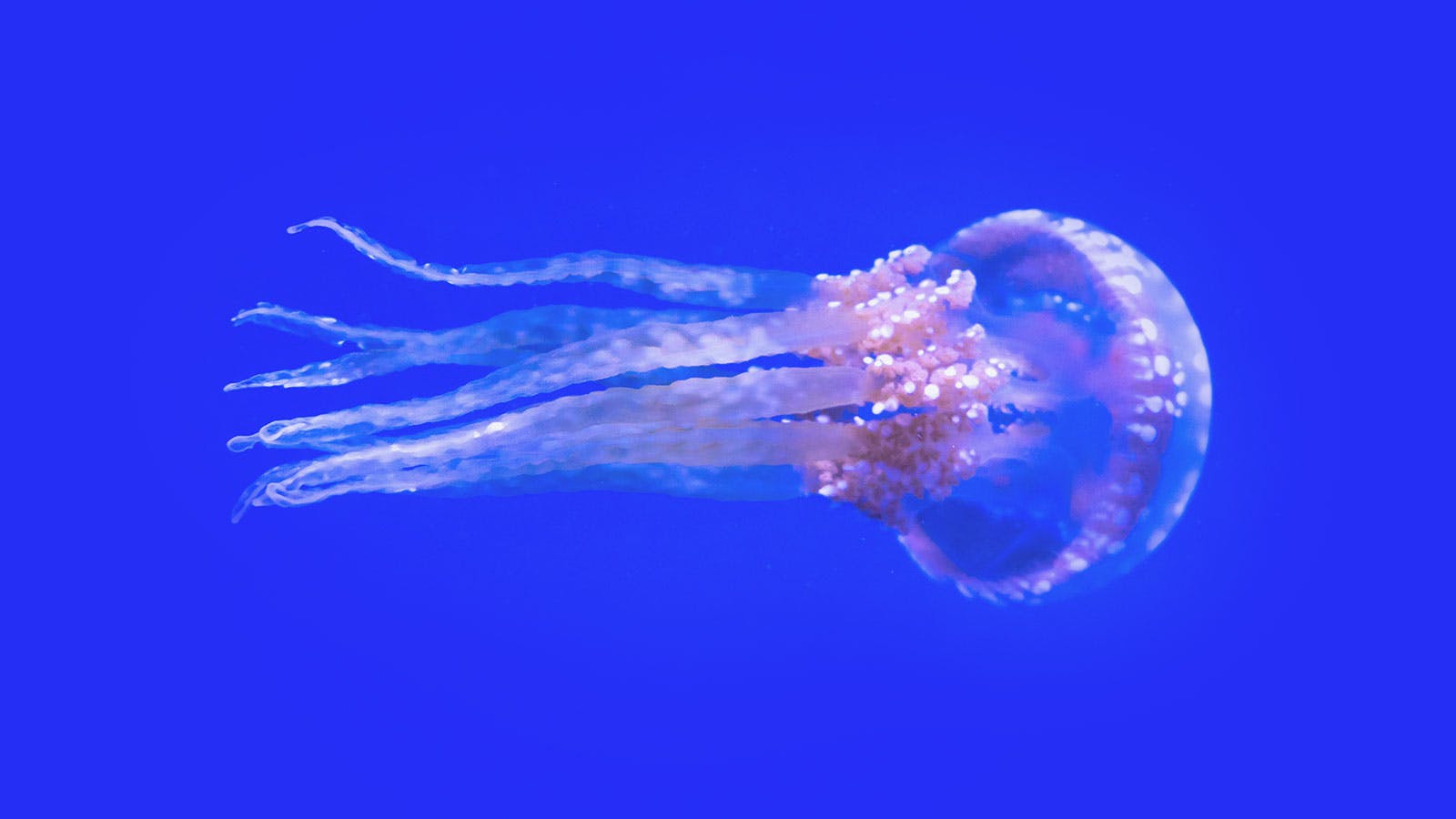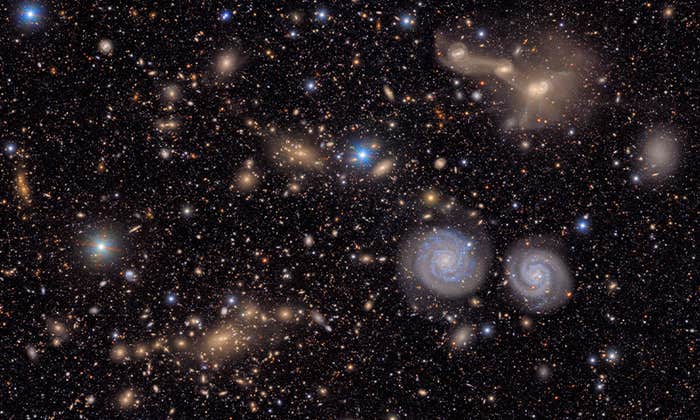-

The Inner Lives of Cells
New microscopes are giving scientists a better understanding of human biology and disease
-

Charting the Blue Realm
To explore the deep sea is to understand the human story and the nature of knowledge
-

When Earth Had No Fire
Laura Poppick’s 3 greatest revelations while writing her book, Strata: Stories from Deep Time
The Porthole
Short sharp looks at science
-

New Sea Slug Species or Gummy Candy?
These additions to the tree of life look positively scrumptious
-

The Heaven and Earth Bird
These flying jewels have fascinated scientists and inspired devotion across the ages
-
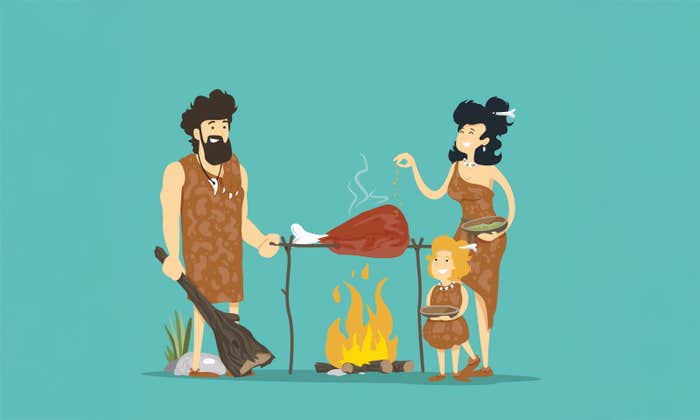
Neanderthals Might Have Shared Family Recipes
Cave remains found in Israel point to unique, locally specific culinary practices among our ancient ancestors
Get the best of Nautilus. Become a member today.
Join now-

AI Already Knows Us Too Well
Chatbots profile our personalities, which could give them the keys to drive our thoughts—and actions
-
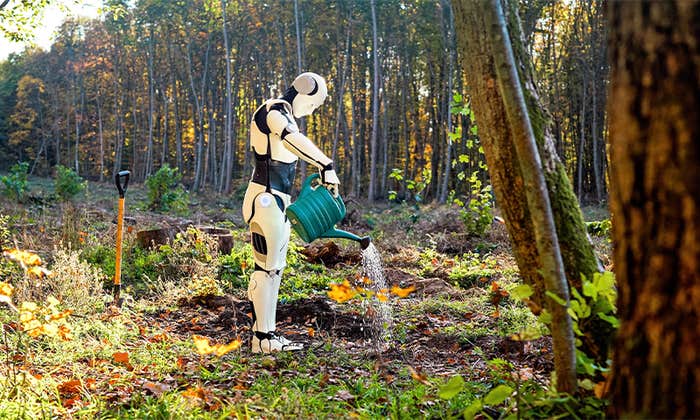
What We Misunderstand About Robots
Sci-fi master Adrian Tchaikovsky on evolution, other minds, and the politics of science
-

Is It Cake? How Our Brain Deciphers Materials
Neuroscientists are discovering how this basic ability, essential to our survival, works
-
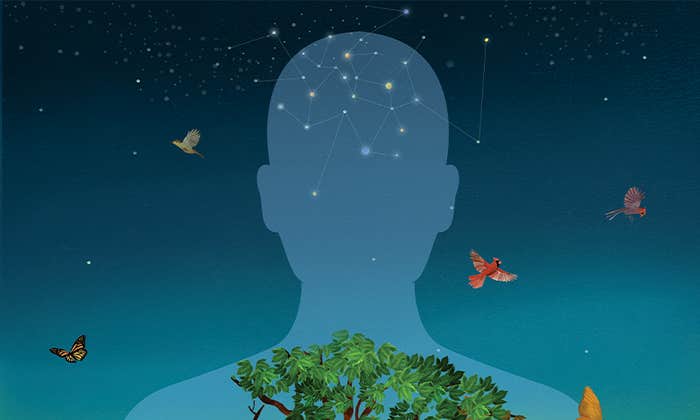
How To Tell If You’re Dead
The line between life and death has never been clear—and modern technology blurs it further
-

Evolution and Guinea Pig Toes
How one animal’s oddity inspired Sewall Wright to take on one of Darwin’s big ideas
-

Hope Catches a Tailwind
Dona Bertarelli brings her intimate knowledge of the high seas to advocate for conserving ocean ecosystems
-

Our Boiling Seas
Scientists are getting better at predicting marine heatwaves. But is it enough to save ecosystems and vulnerable species?
-

Stranger Things in the Universe
New data about dark energy is a reminder that cosmology is a never-ending story
-
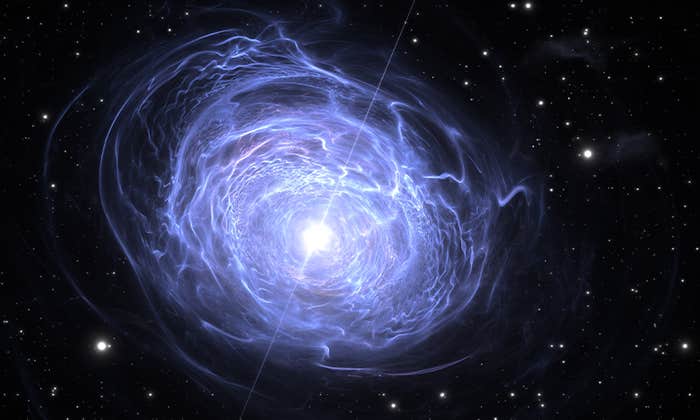
Neutron Stars Hint at Another Dimension
Are the mysterious stars clues to one of the greatest mysteries in the universe?
-
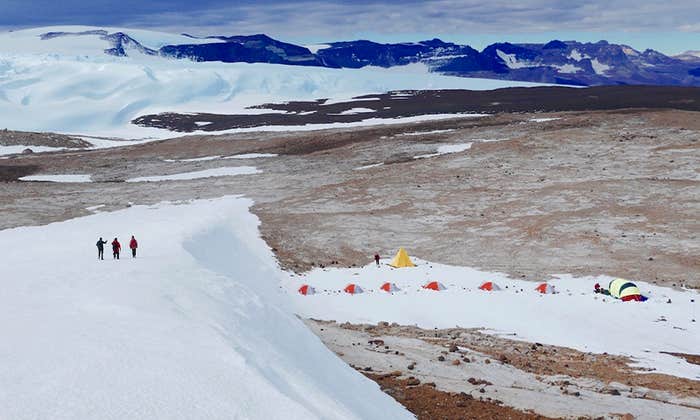
The Extraordinary, Imperiled Science at the End of the Earth
Firing experts in Antarctica couldn’t come at a worse time
-

How We Solved the Hole in the Ozone
A scientist’s first-hand account shows the world can tackle a global environmental crisis.
-
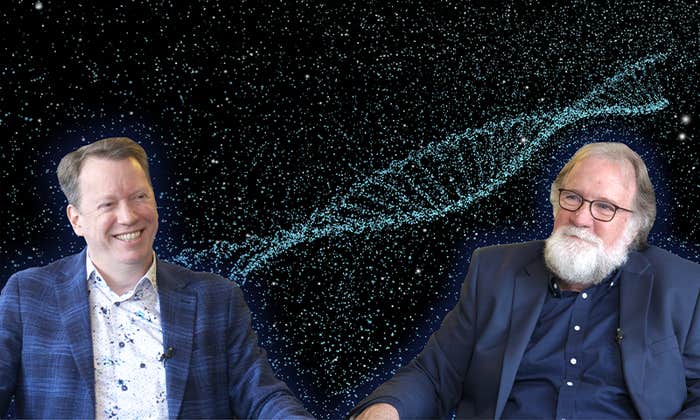
The Sean Carrolls Explain the Universe
Why are we here? Is there life on other planets? The renowned scientists who share a name share their answers to life’s big questions.
-

The Soviet Rebel of Music
He composed on a computer in a dangerous time. His echo is still heard today.
-
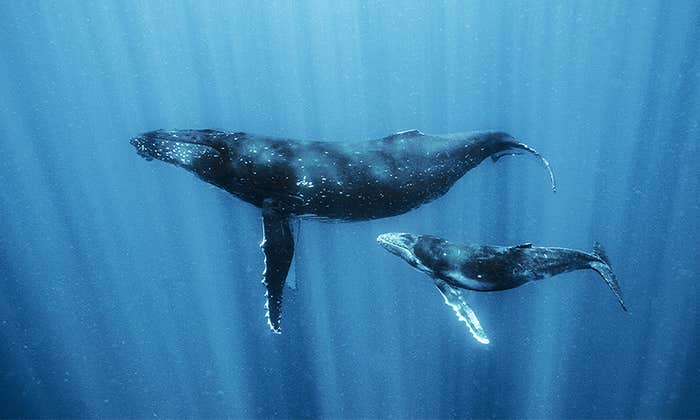
How Whales Could Help Us Speak to Aliens
Learning to decode complex communication on Earth may give us a leg up if intelligent life from space makes contact.
-
How Heat Hurts Teamwork
Even small increases in heat can make teamwork harder—especially when groups are mixed. -
Nice Microbes Finish First
Aggression doesn’t always pay in dynamic microcosms -
Rhino Rebound
Successful anti-poaching measures means some rowdy rhinos need new homes -
A (Complicated) Ode to the Honeybee
I was not alone in seeing my garden’s bees die this winter—now, we have a new clue why -
Is the Show Finally Over for These Whales and Dolphins?
They were bred to entertain in a now-shuttered marine park. Now they need to be rescued. -
Behold These Hidden Galaxies
Up to 100 tiny orphan galaxies may lurk in the shadows of our own Milky Way -
How Waves Shape the Planet
Ocean swells are critical to the cycle of life -
The Inner Worlds of Reptiles
Tortoises were found to have feelings, pointing to other overlooked animal minds -
Longevity Might Be All In Your Head
The biological age of your organs could predict your health—and death -
How to Make the Bread That Fueled the Pyramids
And the beer that gave rise to civilizations, too. -
Our Busy Universe
A sliver of space from the Vera Rubin Observatory -
What Deep Time Can Tell Us About Coral Reefs
Lisa Gardiner on the 3 greatest revelations she had while writing Reefs of Time -
Art and Science in a Grain of Sand
Filmmaker Mark Levinson on the kinship between disciplines -
A Hymn Lost for a Millennium
AI helped piece together clay fragments to tell a new story of Babylon -
Monumental Burial Mounds Rewrite Ancient History
The colossal structures, built by hunter-gatherers, are way older than archaeologists had thought possible -
Lefties Aren’t as Creative as We Thought
In fact, righties may have the edge, contrary to popular belief -
Leap of Faith
Lemur mothers are bold mountaineers when hunting for food -
Cheese Might Haunt Our Dreams
Centuries-old wisdom may ring true on food-fueled nightmares -
Gaming Cancer
How community science games could help cure disease -
The Past Is a Ghost and the Future a Fantasy
This revelation allows us to live more fully













































